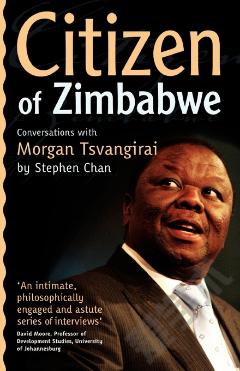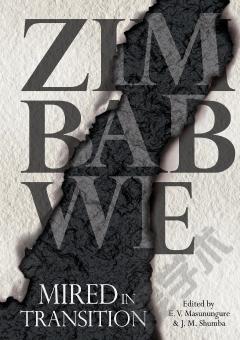Citizen of Zimbabwe: Conversations with Morgan Tsvangirai
Morgan Tsvangiraiis appointment as Zimbabweis Prime Minister in 2009 followed many yearsi leadership of the Zimbabwe Congress of Trades Unions and the Movement for Democratic Change. How has that experience equipped him for high national office? Does he have the personal, intellectual and political qualities required to be President? In July 2004, as he was awaiting the verdict in his treason trial, Tsvangirai spent several days in conversation with Stephen Chan. Chan was concerned to find out if Tsvangirai was more than emerely a charismatic leader of the oppositioni; if he had ehis own intellectual agenda [and] political philosophyi. His questions were even-handed and astute. eDiscussion by discussion, Morgan Tsvangirai had become more open, more human n less cautious and, paradoxically, more obviously and naturally presidential.i Five years later, having reviewed the events since their discussions took place, Chan writes: eI have not made a saint of him, not even an Atlas. I hope I have not criticized him too much or too unfairly. Probably no one could have done for Zimbabwe what he has.i Citizen of Zimbabwe is a rare and intimate portrait of political leadership in Africa.
{{comment.content}}








 京公网安备 11010802027623号
京公网安备 11010802027623号